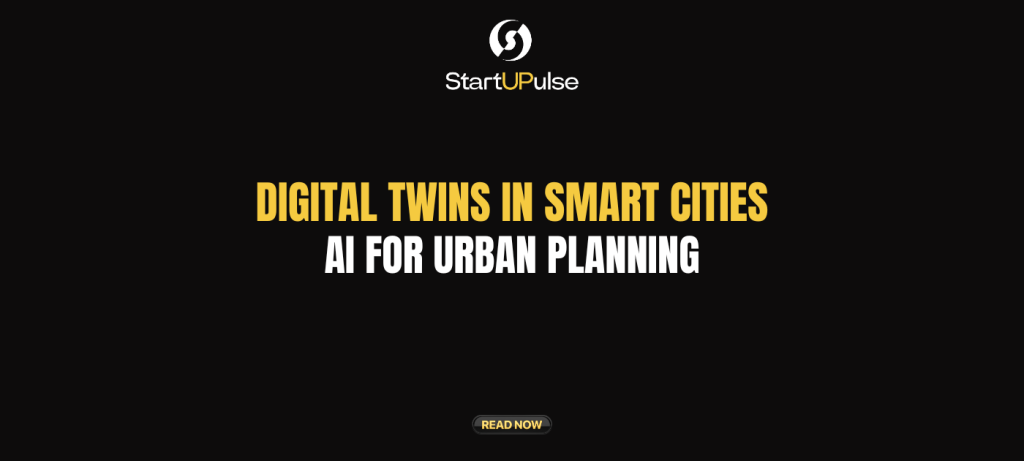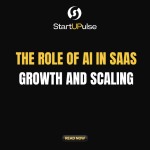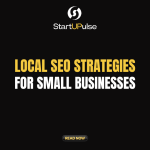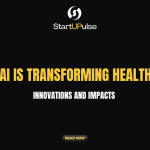
As urban populations continue to grow, cities face unprecedented challenges related to infrastructure, transportation, sustainability, and quality of life. To address these challenges, city planners and policymakers are increasingly turning to innovative technologies, with digital twins at the forefront. By leveraging artificial intelligence (AI) and real-time data, digital twins are revolutionizing urban planning and creating smarter, more efficient cities.
What Are Digital Twins?
A digital twin is a virtual representation of a physical entity or system, created using data from sensors, IoT devices, and other sources. In the context of smart cities, digital twins can replicate entire urban environments, including buildings, transportation networks, utilities, and public spaces. This technology allows city planners and stakeholders to simulate scenarios, analyze data, and make informed decisions for urban development and management.
The Role of AI in Digital Twins for Urban Planning
- Real-Time Data Integration
Digital twins enable the integration of real-time data from various sources, including traffic sensors, weather stations, and social media. By harnessing AI algorithms, city planners can analyze this data to gain insights into urban dynamics, such as traffic flow, air quality, and energy consumption. This holistic view facilitates more effective decision-making and resource allocation. - Scenario Simulation and Predictive Modeling
One of the key advantages of digital twins is the ability to simulate different scenarios and their potential impacts on urban environments. For example, city planners can model the effects of new infrastructure projects, zoning changes, or transportation initiatives. AI-powered predictive modeling allows stakeholders to visualize outcomes, assess risks, and develop strategies that enhance urban resilience. - Optimizing Resource Management
Digital twins can help optimize the management of urban resources, such as water, energy, and waste. By analyzing consumption patterns and identifying inefficiencies, AI algorithms can suggest improvements to reduce waste and lower costs. This optimization contributes to the sustainability of urban environments and enhances the quality of life for residents. - Enhanced Citizen Engagement
AI-driven digital twins facilitate better communication and engagement between city planners and residents. Through interactive platforms, citizens can explore the virtual representation of their city, providing feedback on proposed developments and initiatives. This engagement fosters a sense of community ownership and ensures that urban planning aligns with the needs and desires of residents. - Disaster Preparedness and Response
In an era of increasing climate-related events, digital twins play a vital role in disaster preparedness and response. By simulating emergency scenarios, city planners can identify vulnerabilities in infrastructure and develop comprehensive response strategies. AI can analyze historical data and real-time information to enhance situational awareness and improve coordination among emergency services.
Case Studies and Success Stories
Several cities worldwide are already reaping the benefits of digital twins in urban planning. For instance, Singapore has developed a comprehensive digital twin of the city that integrates various data sources to optimize urban management and support sustainable development. Similarly, Barcelona has implemented digital twin technology to enhance its smart city initiatives, improving services such as waste management and public transportation.
Challenges and Considerations
While the potential of digital twins in smart cities is immense, challenges such as data privacy, cybersecurity, and the need for robust infrastructure must be addressed. Ensuring the ethical use of data and fostering collaboration among stakeholders is essential for the successful implementation of digital twin technology.
Conclusion
Digital twins, powered by AI, are revolutionizing urban planning in smart cities by providing valuable insights, enhancing resource management, and improving citizen engagement. As cities continue to evolve, the integration of digital twin technology will play a crucial role in creating sustainable, resilient, and vibrant urban environments.
Join StartUPulse for More Insights
At StartUPulse, we are committed to empowering startups and professionals in the tech and urban planning sectors. Our community provides a platform for knowledge sharing, networking, and exploring the latest trends in technology, including digital twins and smart city solutions. Join us to connect with industry experts and stay informed about how emerging technologies can shape the future of urban living!
















